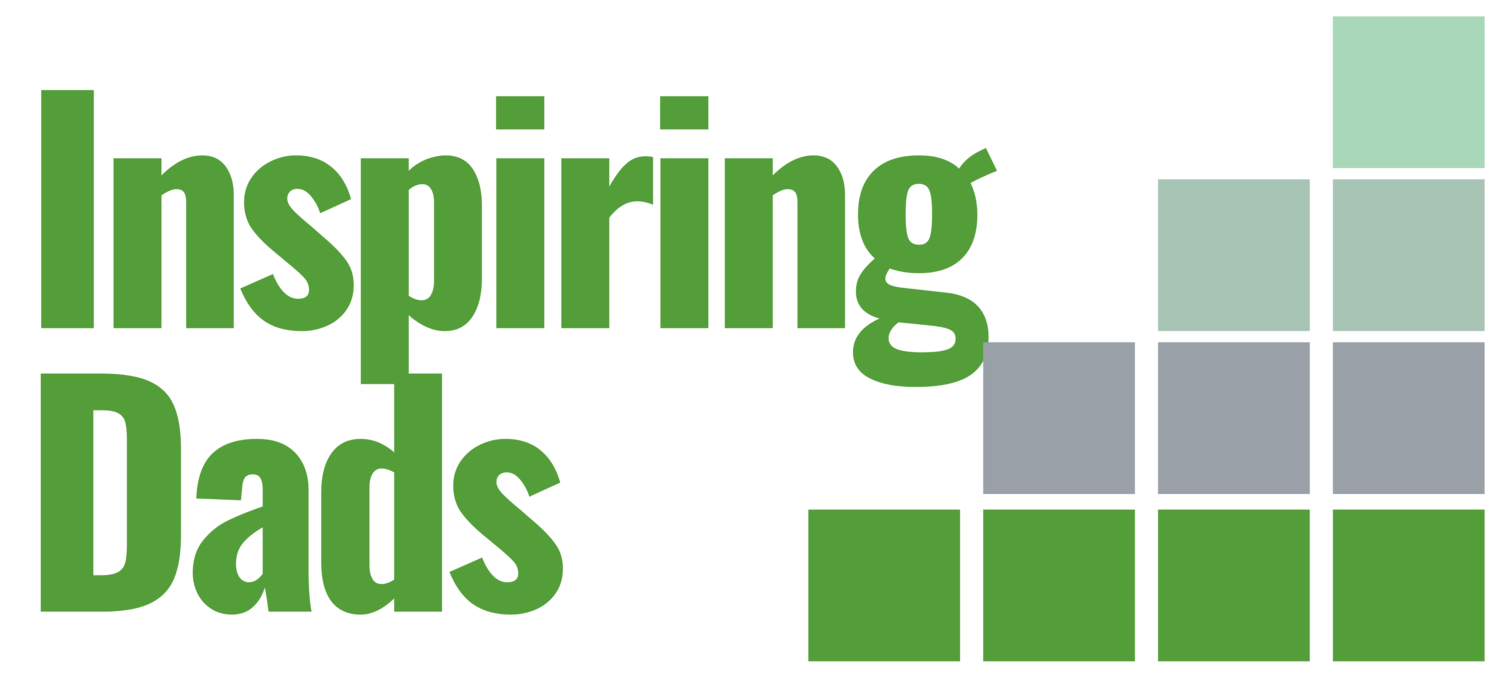Blog
My Story - Why I Do, What I Do
How Multiple Sclerosis, new dad identity challenges and suicide shaped my life and business.
James Frith - MP and a Dad of 4.
Find out how James Frith juggles his responsibilities as a father of 4, husband and MP representing Bury North.
Matt’s Story - Learning To Priortise Being Present.
Exhaustion and learning to priortise being present
"30 mins later than planned"
What little steps could you make to improve your work life balance?
One man's story of how he fixed his work life balance.
*You have a choice
*Don’t wait for rock bottom
*Identify what you want, be honest.





